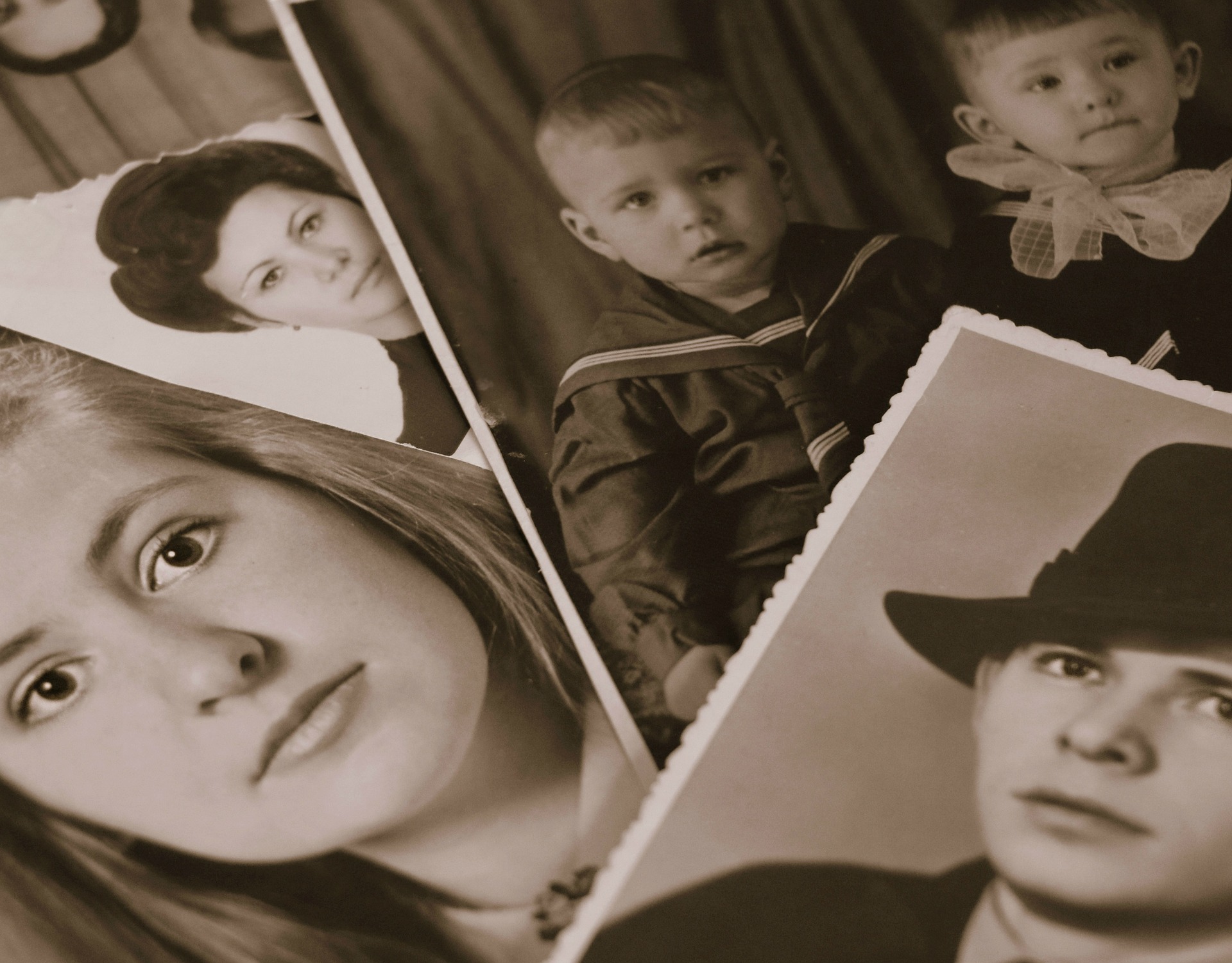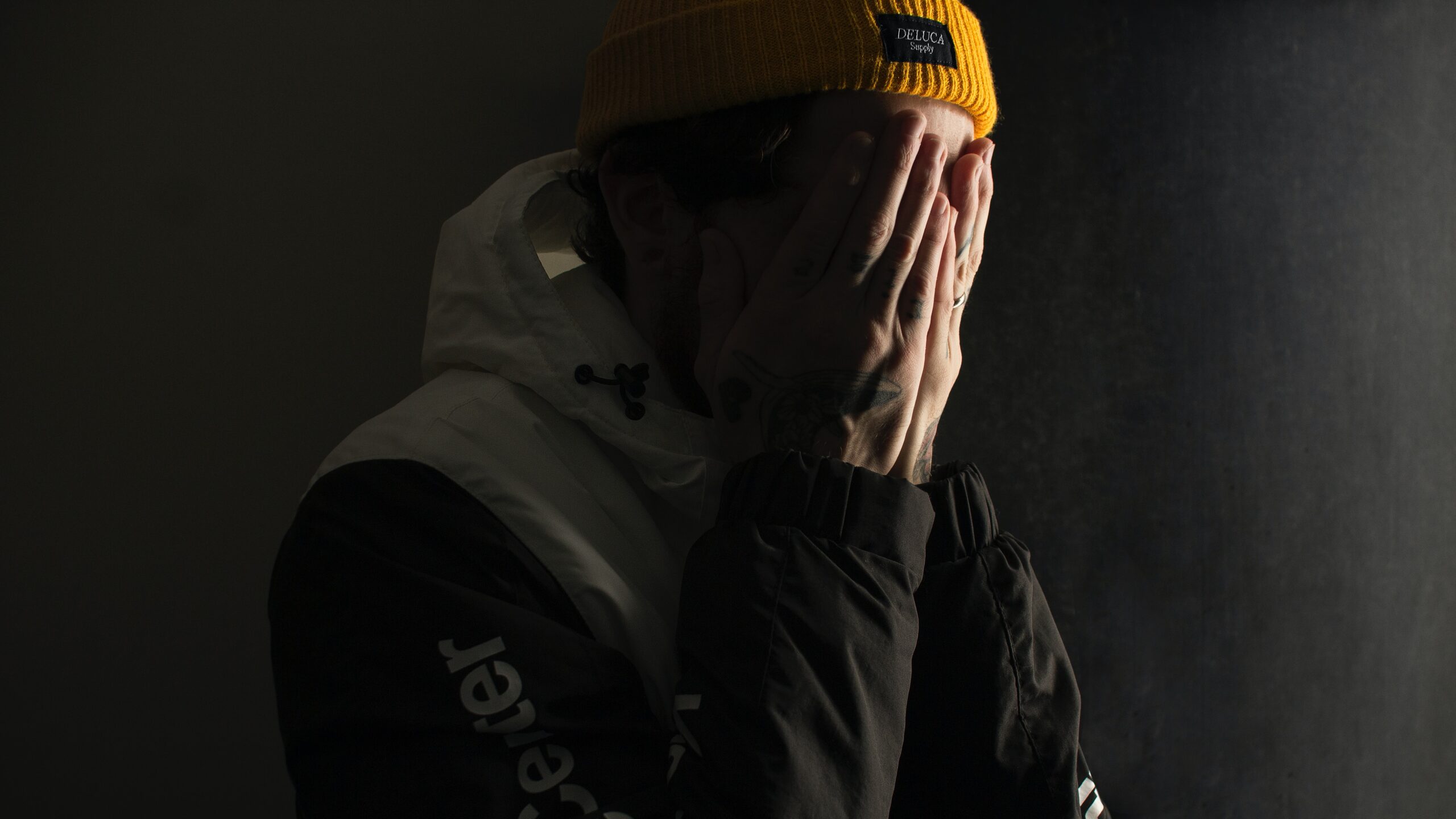Sanna Erelä, Project Coordinator

Photo by klimkin on Pixabay
In the Finnish Church, one Sunday every summer we are given a topic for self-examination. The Bible passages appointed for that day speak about humility, honesty before God, and repentance. We are called to do some soul-searching. This year, as I reflected on this theme, I began thinking how difficult it is for us humans to evaluate our hearts. We would prefer to prioritize what looks good outside — the complete opposite of what Jesus did! We filter the gnat and let the camel go through, as the Lord rebuked the Pharisees in Matthew 23:24.
But there are other dimensions to this, too. After living in Israel for numerous years, I was surprised to realize the sense of shame that is rooted in my own Finnish culture. It’s something you could describe as almost penetrating the nation, or at least the older generations. (The youngsters are growing up in a global world where the distances have been shortened and many cultural differences are fading away.) In Finland, shame has damaged the self-esteem of many, many people.
Shame is a complex issue. Theologically, we are all suffering from shame and nakedness since the Fall and will only be completely released from it in the new creation. Living intentionally in sin without repentance also causes shame to accumulate in an individual’s life, knowingly or not. But then there is a type of shame that is not directly related to our own deeds or to us being sinners. That shame is an intangible feeling. It is difficult to grasp because it tends to hide itself. Guilt says: “You did wrong.” Shame says: “You are wrong. You are not loveable. You are shameful.” Repenting from your sins does not bring relief, because the fog of shame covers everything. It is impossible to separate your deeds from your personality.
The Roots of Finnish Shame
On the individual level, the background of this psychological problem usually lies in difficult childhood experiences, which crumble the sense of security and dignity in a child’s soul. On the other hand, emotionally reserved, distant attachment and communication styles in a family can create a fertile ground for shame to grow, even when great tragedies are not hidden behind the facade. Culturally, on the national level, you could track the roots into a traumatic history: wars, centuries of oppression, submission, and poverty. The story of Finland is a story of being pressed between dominating powers for centuries; a situation that has repeatedly led to armed conflicts on our soil. The last huge national disaster was World War II, with many casualties. Young men returned from the battlefield traumatized and emotionally crippled, and they transferred their quiet anxiety to the next generation. The experiences that cannot be dealt with openly will usually be covered by shame. This emotional heritage still affects the lives of many Finns.
A Finn Gazing at the Israeli Emotional Landscape
I really only became aware of the propensity for shame of my own nation while living in the midst of a completely different culture: the Israeli culture. The mirror Israelis offer me as a foreigner is completely different to the one I grew up with. By watching and listening to their communication you might conclude that Israelis are not ashamed of anything! They appear to have a lot of self-confidence, they speak directly and raise their voices. They don’t appear to be embarrassed by their mistakes. The shared sense of shame when someone close to you messes up is also — in my experience — mostly

Photo by @felipepelaquim on Unsplash
missing from Israeli culture. Generally, the very multicultural Israeli melting pot accepts, and is tolerant towards, many different types of individuals, at least compared to Finnish society. For me as a newcomer, that has been a liberating experience! Of course, there are also moments when I feel that a slightly smaller degree of freedom would make life smoother for all of us. Still, the Finnish straitjacket of shame and worrying about what others will think is definitely something I don’t miss in Israel!
However, a peek under the surface observation of Israelis’ lack of shame may reveal a more complex issue. While discussing this topic with a Finnish friend living in Israel for many years, she commented that — according to her experience and some psychological research — there is shame in Israeli society, too. Israelis just manifest it very differently from Finns. Finns tend to withdraw and turn invisible when their shame is triggered. Israelis, on the other hand, will attack and speak aggressively if they feel internally threatened. Why this reaction is so different, I don’t know, but I do have a theory. I think it has to do with the national temperament and the history of the nation. Being quiet and invisible may have worked in the favor of an individual in Finland. The Jewish people, on the other hand, carry memories of repeated attempts of total extermination in their collective DNA. You need to fight for yourself, otherwise you will be completely annihilated.
Haunting Heritage of the Holocaust
There is some research about this very emotional issue: in addition to the memories of their horrific experiences, many Holocaust survivors suffered from haunting shame. That concept is very difficult to grasp — why on earth would anyone feel shame for being an innocent victim of such cruelty? There are at least three reasons. Shame sprouts from the inexplicable fate of surviving a catastrophe while millions of others perished. Why did I make it through when others didn’t? Secondly, during the imprisonment some survivors had to compromise their values in order to survive — this also generated shame afterwards when life again normalized. Additionally, in the newborn state of Israel, everyone was struggling for their survival and the reaction towards Holocaust survivors was not always compassion and admiration, but more often a question: “Why didn’t you resist? Why did you let the Nazis do what they did?” During the following decades, the national image of a strong Israeli, a domineering fighter, was created. In 1993, John Lemberger, director-general of Amcha, the National Israeli Center for Psychosocial Support of Survivors of the Holocaust and the Second Generation, said in an interview: “Our own society had a conspiracy of silence.” No one wanted to hear about “weak” Jews.
The inconceivable suffering of the Jewish people (especially the European Jewry), over the centuries is in many respects without comparison. However, the reactions to traumas are not unique to them; they are shared with all of humankind. There are many parallel phenomena with the destiny of my own nation and obviously with several others, too. The silence that surrounded the painful experience sounds very familiar. Emily Dutton writes in her article about the aftermath of the Holocaust: False pride, strength, and self-protection generated from the hurt human souls and created unhealthy emotional and behaviour models. They were harmfully transferred to the next generations. Israelis, like Finns, learned to be strong and cope.
Bringing Light Into the Hidden Corners
Many things have changed after the immediate post-war decades in Israel, as well as in Finland. In present-day societies, there is much more discussion, sensitivity, and awareness of factors that affect child development. But the cunning nature of shame is its tendency to disguise itself and hide in our hearts, as it is silently transmitted to our children. One powerful way to tackle this vicious circle is to break up the silence around

Picture courtesy of Sanna Erelä
pain and weakness. We have aimed to do this at the Caspari Center through our Taboo Forums (in partnership with Machaseh), where we intentionally voice difficult topics. The Messianic Body is young, and has limited resources to answer the multitude of counselling needs of believers in Israel. Additionally, there still remains a stigma which needs to be removed, so that it is easier for believers to seek out help for emotional matters. Hopefully, the Taboo Forums will propel more open discussion among Messianic believers in Israel.
We all have to deal with the sin in our hearts, otherwise we cannot mature as human beings and believers. However, shame is not always something that can be wiped out by the confession of sin, because in many cases, the source is psychological. Yet the shame radiates painfully to the spiritual life of an individual. God’s unconditional love is such an impossible idea to grasp for those who have always felt accepted on the basis of their performance. Most of us will do almost anything to escape our painful emotions. But thank God, He hasn’t left us alone in our deluded conclusions. He gave His Son Jesus to carry all our shame and suffering. The only hope for us is letting God break our hardened, scared hearts with His love. He sees every one of us and continuously reaches out, desiring to have an intimate, trustful relationship with us because He is a trustworthy and safe Father. That is a place where all shame-prone hearts can heal.
Dutton, Emily: Survivorship and Shame: Tracing the Affective Afterlife of the Holocaust https://www.readcube.com/articles/10.29173%2Fcons22032
Hoffman, David: The Secret Suffering of Israel’s Holocaust Survivors https://www.washingtonpost.com/archive/lifestyle/1993/04/23/the-secret-suffering-of-israels-holocaust-survivors/82c1a7ba-3233-4351-b4b8-f7387e291335/
Malinen, Ben: The Nature, Origins, and Consequences of Finnish Shame-Proneness: A Grounded Theory Study. https://helda.helsinki.fi/handle/10138/21627